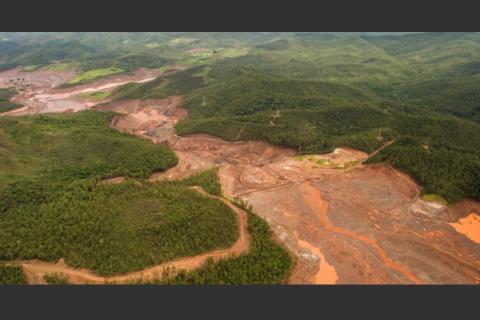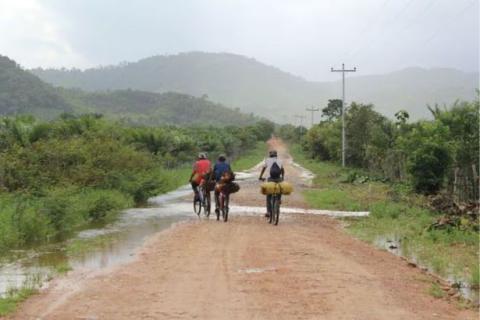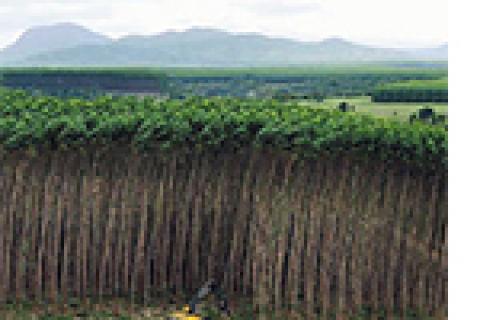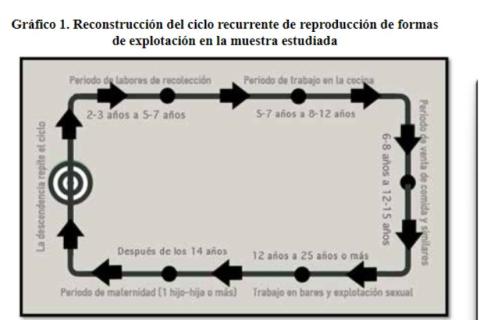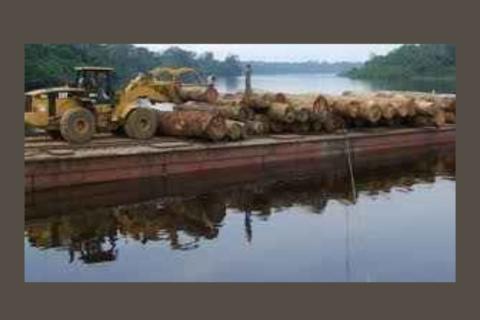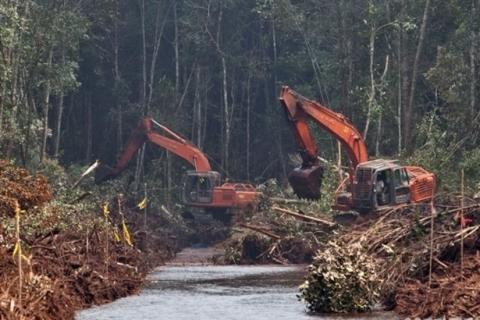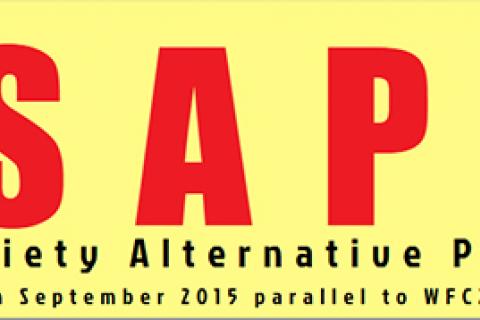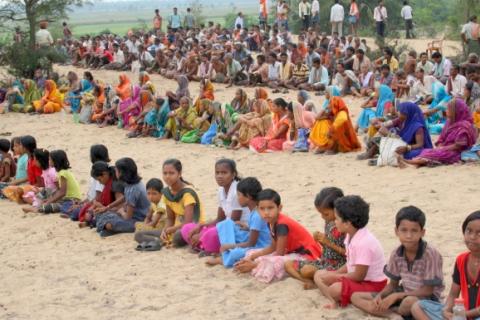Rivers Coalition in Cambodia (RCC) together with national and international organizations, insist to immediately stop all activities related to the construction of the Don Sahong Dam after the concession agreement was officially approved earlier this September in a unilateral decision by the Government of Laos.
Other information
An article in the newspaper "El País" shows the intense violence experienced by the people of the valley of Bajo Aguán, in Honduras, who are struggling to regain land that was captured long ago by Dinant Corporation for its vast palm oil plantations. The conflict has attracted worldwide attention partly because the company had the backing of the International Finance Corporation (IFC), the commercial sector arm of the World Bank which grants loans to private companies.
In September 2015, the UN Organization for Food and Agriculture (FAO) will held the World Forestry Congress in Durban, South Africa, on the “Sustainable Future” of the world’s forests. Policy makers will also attend this meeting, controlled by the timber industry.
An investigation focused on the river port of Pucallpa, Ucayali, in the Peruvian Amazon, reveals that women serving in the bars around the harbor and those dedicated to the work in logging camp kitchens (legal and illegal) have been continuously sexually exploited, and many of them are also victims of sex trafficking.
A report from the Rainforest Foundation UK, shows how attempts of community based forest management in the Congo Basin thus far have not been able to transfer meaningful rights or benefits to local communities. Only around 1% of the total Congo Basin is under the formal control or management of local communities while industrial-scale logging represents by far the biggest land use in the region.
Ancient forests are being lost at an "unprecedented" rate from protected lands in Cambodia, according to a new report from the group Forest Trends. The Cambodian government has in recent years granted what are termed Economic Land Concessions (ELC) to large agri-business companies who want to develop the land. Under the guise of creating a rubber plantation for instance, the trees are cleared and exported.
Most of the Congo Basin’s forests have been divided up into concessions, conservation areas and community use, with most of Central Africa’s forests being under industrial forest concessions. Forest-dependant communities have been totally excluded from decision-making processes.
In 2013, the Central African Republic was plunged into a conflict that has cost over 5,000 lives and displaced more than a million people. When the insurgent group Seleka seized power in a bloody coup d’état, Seleka rebels were dispatched to the country’s rainforests. Here they struck lucrative deals with logging companies that helped bankroll a fierce campaign of violence against the country’s population.
A video from the NGO Global Witness, who visited many communities in DRC directly impacted by the logging industry, shows the reality of these concessions on the ground. Mostly, the same story repeated itself. Communities have had no positive effects since logging companies started operating, resources they depend upon have become scarce and rivers are drying up, while promises of developmental projects and employment have vanished. “We have no voice.
Hundreds of people are detained in Indonesia for having claimed their rights on their land, forests and other resources while resisting eviction and land grabs. The reality is that Indonesia’s Forest Law on Prevention and Eradication of Forest Destruction, ostensibly intended to protect the forests from organized crime and illegal logging, is instead being used to criminalize Indigenous Peoples and local communities.
Dear all
In Durban we will march to protest the expansion of industrial tree plantations that destroy ecosystems and biodiversity, steal community land and resources, and impact on people's health through the pollution of land, rivers, wetlands, lakes, oceans and the air by the global timber, pellet, pulp and paper industry.
